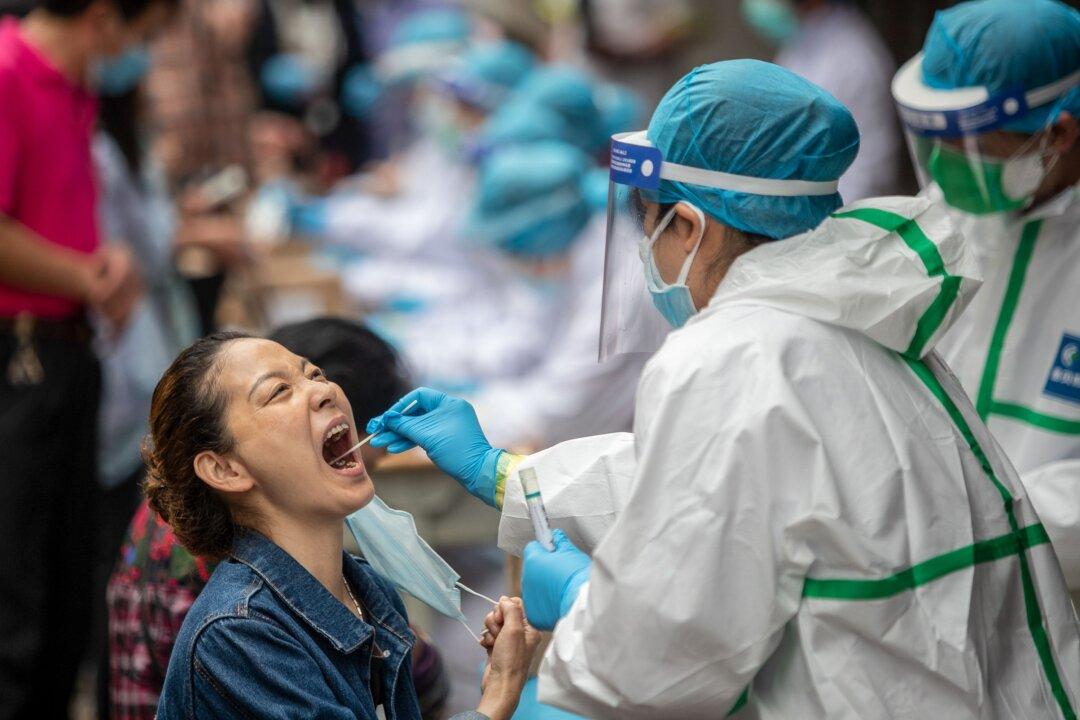Classified Chinese government documents recently obtained by The Epoch Times show that Chinese authorities are treating all CCP virus-related information as “state secrets” and have forbidden officials from exposing them to the public.
Ironically, Chinese state-run media Xinhua—the central government’s mouthpiece—commented on Feb. 8: “Countless historical experiences of preventing infectious diseases have shown people that sharing epidemic information to the public is like sunshine that can kill the virus. So, the most effective medicine is publishing all information.”





